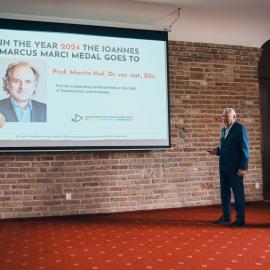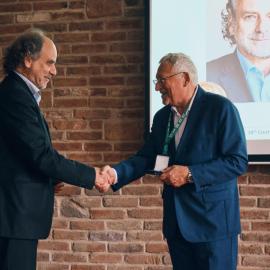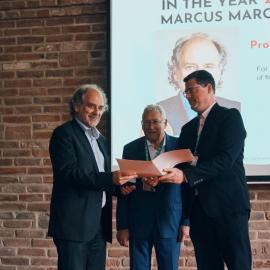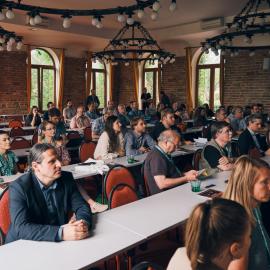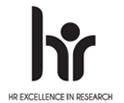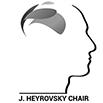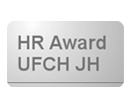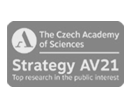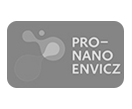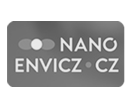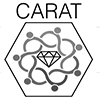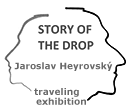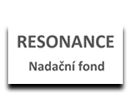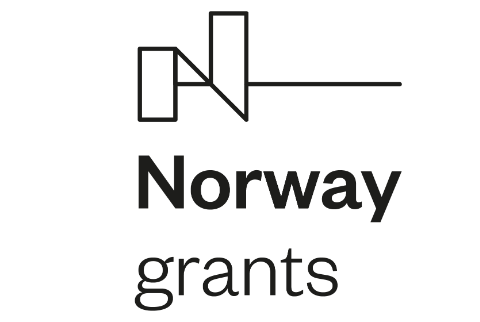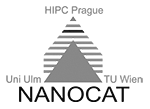Prof. Martin Hof was awarded the Jan Marek Marci of Kronland Medal
Professor Martin Hof, director of the J. Heyrovský Institute of Physical Chemistry of the Czech Academy of Sciences, received the Jan Marek Marci of Kronland Medal on May 31, 2024, for his outstanding achievements in the field of fluorescence spectroscopy. Congratulations on this significant award, which highlights the substantial contribution of Martin Hof's work to science and research.
In his research, Martin Hof focuses on developing new fluorescence techniques and their application in biological research. The methods he has developed together with his colleagues are now used in many laboratories worldwide. He was the first to systematically apply the solvent relaxation method in biomembrane research, which is now adopted as a standard technique.
He also introduced fluorescence correlation spectroscopy with z-scanning to obtain diffusion coefficients in planar systems. He thus elucidated the presence of microdomains in the membranes of living cells and the diffusion of peripheral membrane proteins. Moreover, he distinguished the contributions of individual molecules by a new method of fluorescence lifetime correlation spectroscopy, elucidating the mechanism of condensation of DNA molecules. Overall, his work contributed significantly to understanding the organisation of biological membranes and the role of mobility and hydration of enzymes in their function.
Jan Marek Marci Spectroscopic Society
Since 1977, the Jan Marek Marci Spectroscopic Society has awarded the Jan Marek Marci of Kronland Medal to prominent individuals in the field of spectroscopy. This medal, named after the distinguished Czech scientist, physician, and academic at Charles University, was first awarded on the occasion of the XX Colloquium Spectroscopicum Internationale in Prague. It is given in recognition of domestic and foreign scientific workers for their outstanding work and contributions in one of the spectroscopic fields.
In the international context, this medal has extraordinary significance and is considered an event worthy of mention in renowned scientific journals. The number of medals awarded each year is very limited, and the selection of candidates undergoes very critical evaluation.



